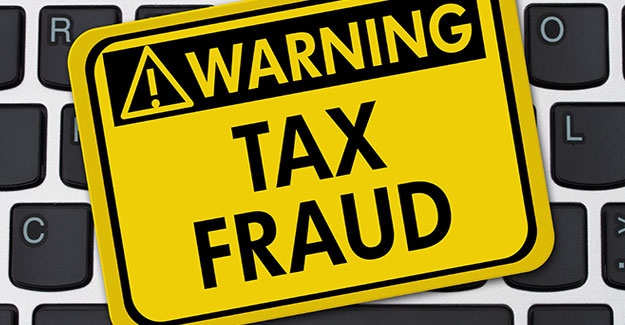
UK's Leicester Reels From Garment Industry Tax Frauds
Directors of clothing manufacturers in Leicester have been struck off for a combined total of more than 400 years in cases costing HMRC millions, according to UK media reports. Details of disqualified directors in Leicester provided by the Insolvency Service show that more than 50 people with links to the city's textiles industry are currently banned from running companies for between three and 14 years. They represent about 40% of all disqualified directors linked to companies listed on Companies House as headquartered in Leicester, suggesting that clothing manufacturers are hugely overrepresented against the city's business community as a whole. Just over 1,000 of the 38,393 active companies registered in Leicester are listed as manufacturers of textiles or wearing apparel, or about 2.5%. Leicester's textiles factories have faced heavy scrutiny since the city became the first in the UK to face a second lockdown. One factor linked to the spread of coronavirus was a lack of social distancing measures in some of the hundreds of factories and workshops in Leicester's garment district, where companies are also accused of failing to pay workers the minimum wage. The fast fashion firm Boohoo has also been heavily criticised over its oversight of its supply chain in Leicester. Last week it was revealed that 18 Boohoo suppliers had failed to prove they paid workers the minimum wage, and industry sources said they were aware of similar audits on dozens more firms. The new disclosures suggest minimum wage issues in Leicester go alongside a range of other problems in factories there, including employer tax violations and allegations of so-called "phoenixing" - when a company goes bust owing significant sums in tax, only to reopen under a different name soon afterwards. HMRC said it made 25 investigations into textile firms' VAT affairs in 2018-19 and recovered more than GBP 2 million in tax. Neil Williams, a legal director at the law firm Rahman Ravelli who has worked on serious tax fraud cases, said the figures "certainly seemed on the face of it to be disproportionate. A concentration to that level suggests that something's going on. A lot of it will be about the fact that many of the workers in these companies will not be on HMRC's radar, and that can mean PAYE fraud." It has been reported that a dossier of public records on clothing businesses' financial affairs has been submitted by industry experts to the National Crime Agency, which has been ordered by Priti Patel, the home secretary, to examine allegations of modern slavery in the city. Andrew Bridgen, the MP for North West Leicestershire who has campaigned on factory conditions in Leicester and described the garment industry there as "the wild west", said the activities of such companies were putting legitimate competitors out of business. While a director may be struck off over tax issues, they are not barred from owning a company if others manage it. There are fears that in some cases, banned directors may continue to play an active role in running the new companies, simply installing a new director to sign documents and be the public face of the business. Several of the struck-off directors are now "persons of significant control" in companies created after their previous businesses went into liquidation. When HMRC finds that a former director acts in breach of a disqualification order or undertaking, it may seek to make them personally liable for any tax debts accrued while disqualified. They may ultimately face criminal investigation and a prison sentence of up to two years. In 21 of the 28 files where the basis for disqualification was provided, it related to tax fraud, inadequate tax returns, inadequate accounting records or trading to the detriment of HMRC - an umbrella term for cases where other creditors, including directors, have been paid but the tax authority has not. In one case, a director was struck off for eight years after his company went into liquidation owing GBP 848,214. In another, a director was struck off for seven years when he failed to submit VAT returns and his company went bust owing GBP 739,232.27. A third director who "failed to preserve or deliver up adequate accounting records" took his company into liquidation owing GBP 491,799.37 in tax. The nine companies where figures were available went bust owing a total of GBP 3.5 million.
Textile Excellence
If you wish to Subscribe to Textile Excellence Print Edition, kindly fill in the below form and we shall get back to you with details.












